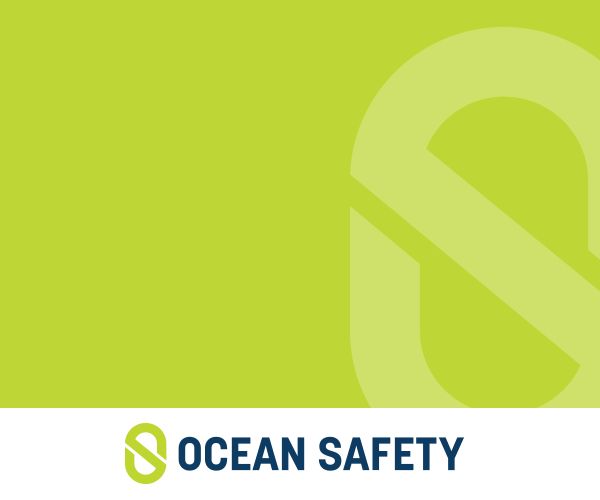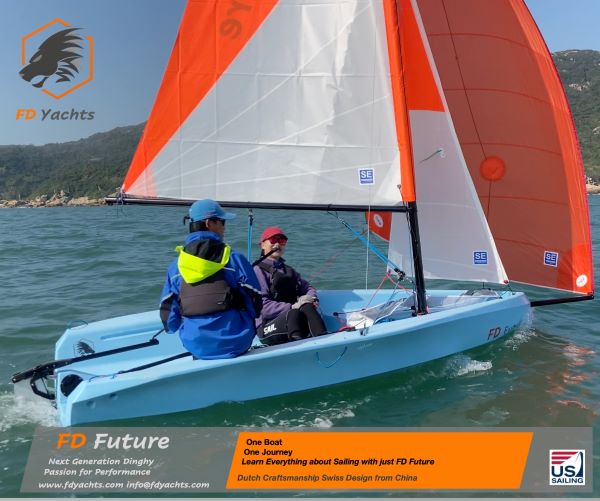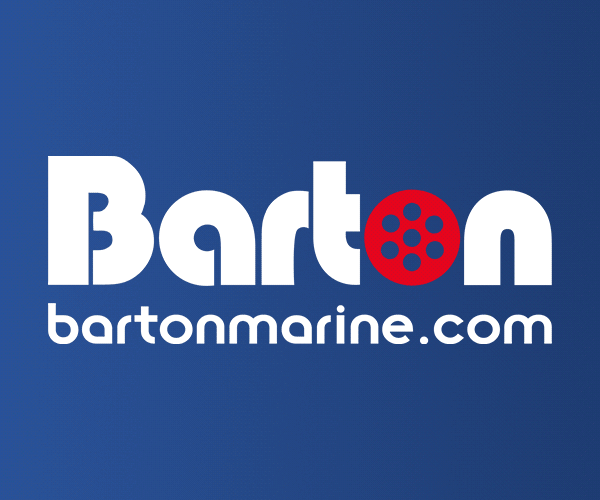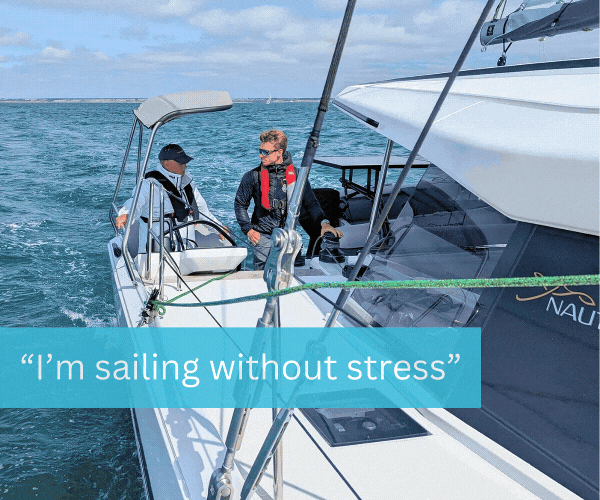










-(1)-202408140552.gif)
Boats for sale
| Laser 28 - Excellent example of this great design Hamble le rice |
 |
| Rossiter Pintail Mortagne sur Gironde, near Bordeaux |
 |
List classes of boat for sale |
Protests by jury on the water |
Post Reply 
|
Page <12 |
| Author | ||
gordon 
Really should get out more 
Joined: 07 Sep 04 Online Status: Offline Posts: 1037 |
 Post Options Post Options
 Quote Quote  Reply Reply
 Topic: Protests by jury on the water Topic: Protests by jury on the waterPosted: 18 Dec 11 at 3:01pm |
|
|
On the other hand, if a boat T bones another in front of the Jury boat but there is no protest then, under current policy, the Jury can do nothing. I can understand the frustration of some judges in this case.
Gordon |
||
|
Gordon
|
||
 |
||
Andymac 
Really should get out more 
Joined: 04 Apr 07 Location: Derbyshire Online Status: Offline Posts: 852 |
 Post Options Post Options
 Quote Quote  Reply Reply
 Posted: 19 Dec 11 at 9:46am Posted: 19 Dec 11 at 9:46am |
|
Hard to believe that would happen...but accept that it has or it could. So, take a hypothetical situation; Final race of a regatta ROW boat (despite attempts to avoid) has a major collision with a keep clear boat. There is a close relationship/partnership between the two boats. If the keep clear (guilty boat) takes a penalty, it will cost them the regatta. The ROW boat is already out of overall contention for the regatta. The ROW boat accepts the blame for the incident and takes a penalty... Since a penalty has been taken for the incident, would that placate the jury boat?
|
||
 |
||
sargesail 
Really should get out more 
Joined: 14 Jan 06 Location: United Kingdom Online Status: Offline Posts: 1459 |
 Post Options Post Options
 Quote Quote  Reply Reply
 Posted: 19 Dec 11 at 10:18am Posted: 19 Dec 11 at 10:18am |
|
I would suggest that enforce has a different nuance here - enforce means carry out the necessary process to bring the offence to the enforcing body ie Protest Committee. So there is an interesting argument to be had when you consider amending the process to allow juries to enforce it too. In a sport which chooses to have such a system there is an inevitable risk/reward judgement to be made around any infringement or perceived infringement (which is not so different from rugby where one might be less inclined to handle the ball in a ruck when in the "red" zone where an opponent can kick the resultant penalty. The risk reward can run through the pre-incident manoeuvre through the actual incident and to the decisions that follow. I am not convinced that I want to change the sport by allowing the "frustrated" on the water judge to interfere, especially as frustration can lead to over zealous enforcement.
|
||
 |
||
JimC 
Really should get out more 

Joined: 17 May 04 Location: United Kingdom Online Status: Offline Posts: 6662 |
 Post Options Post Options
 Quote Quote  Reply Reply
 Posted: 19 Dec 11 at 10:19am Posted: 19 Dec 11 at 10:19am |
|
Definitely sounds like a Rule 2 breach to me. Maybe even be worth a rule 69. I know near enough nothing about jury powers and can't say what they are allowed to do, but in terms of natural justice for sure both boats ought to be looking at a DND at minimum. Edited by JimC - 19 Dec 11 at 10:19am |
||
 |
||
gordon 
Really should get out more 
Joined: 07 Sep 04 Online Status: Offline Posts: 1037 |
 Post Options Post Options
 Quote Quote  Reply Reply
 Posted: 19 Dec 11 at 11:08am Posted: 19 Dec 11 at 11:08am |
|
|
At present rule 60.3 allows protest committee to protest a boat, either because they witnessed the incident or because they receive a report (in certain circumstances). ISAF policy (not a rule!) is to restrict the use of this power to a limited number of circumstances (see initial post).
Some judges have proposed widening slightly the spectrum of infringements that juries will protest to include contact between boats. I would not consider the Jury as an enforcing body (except in the case of rule 42, for which there was general consensus that self-policing was not working). The Jury is primarily involved in dispute reslolution. The central principle of self-policing is that any infringement should be resolved by the infringing boat taking a penalty (ie enforcing the rules on themselves). Recourse to the protest committee should only be necessary when the parties involved are unable to agree on who infringed. The role of the jury is to facilitate and encourage self-policing. Most judges take this role very seriously. If two boats make contact a rule had been broken. The infringing boat should take a penalty, or a protest lodged. The proposiotion is that the Jury be given the possiblity of deciding, in view of what they have witnessed, to protest both boats under rule 14 -once it is established who is ROW boat they may well be exonerated. As for all other jury protests this decision to protest would have to be made by the whole jury. The case raised by Andymac is interesting. If the Jury was aware of the relationship between the boats (being members of the same national team would be sufficient in many cases) then they may well protest under rule 2 as this is possibly a case of team racing. Gordon |
||
|
Gordon
|
||
 |
||
Andymac 
Really should get out more 
Joined: 04 Apr 07 Location: Derbyshire Online Status: Offline Posts: 852 |
 Post Options Post Options
 Quote Quote  Reply Reply
 Posted: 19 Dec 11 at 1:44pm Posted: 19 Dec 11 at 1:44pm |
|
OK, Fair enough. Now what if the contact was minimal and the ROW/keep clear was less clear cut?
|
||
 |
||
JimC 
Really should get out more 

Joined: 17 May 04 Location: United Kingdom Online Status: Offline Posts: 6662 |
 Post Options Post Options
 Quote Quote  Reply Reply
 Posted: 19 Dec 11 at 2:04pm Posted: 19 Dec 11 at 2:04pm |
|
Lets go back to first principles.
So if you know you have broken a rule then not take take a penalty is cheating, nothing more and nothing less. Of course eventually you do get to a gray area: did I or did I not touch that mark/loose tiller extension, whatever. Was I over the line or not? I can remember one incident when I shouted to the boats round me "does anyone know whose fault that was?" But for every instance where I've seen the rules over-enforced I must have seen a hundred instances that verged on cheating. Edited by JimC - 19 Dec 11 at 2:05pm |
||
 |
||
Post Reply 
|
Page <12 |
| Forum Jump | Forum Permissions  You cannot post new topics in this forum You cannot reply to topics in this forum You cannot delete your posts in this forum You cannot edit your posts in this forum You cannot create polls in this forum You cannot vote in polls in this forum |
Bulletin Board Software by Web Wiz Forums® version 9.665y
Copyright ©2001-2010 Web Wiz
Change your personal settings, or read our privacy policy
Copyright ©2001-2010 Web Wiz
Change your personal settings, or read our privacy policy











 Printable Version
Printable Version Delicious
Delicious Digg
Digg Facebook
Facebook Furl
Furl Google
Google MySpace
MySpace Newsvine
Newsvine reddit
reddit StumbleUpon
StumbleUpon Twitter
Twitter Windows Live
Windows Live Yahoo Bookmarks
Yahoo Bookmarks Topic Options
Topic Options